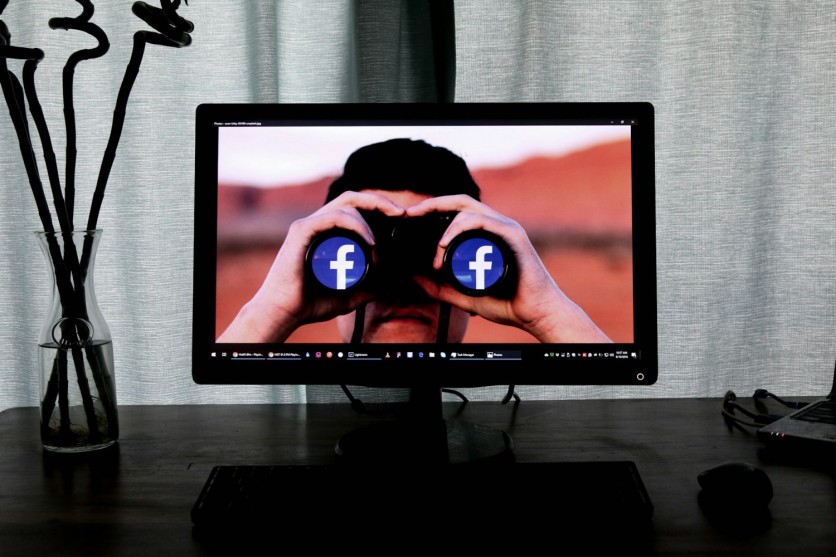Mark Zuckerberg, CEO of Meta, has revealed that the Biden administration allegedly "pressured" the social media giant to censor content related to COVID-19.
Zuckerberg expressed his concerns about these actions, reflecting on the decisions made during that time and their implications for content moderation and free speech.
Allegations of Government Influence on Content Moderation

Senior officials from the Biden administration reportedly pressured Meta for months to remove or censor certain COVID-19 content in 2021. This included not only serious discussions but also humor and satire related to the pandemic.
Zuckerberg detailed these claims in a letter addressed to the Republican-led House Judiciary Committee, which was subsequently shared on the committee's Facebook page and its account on X (formerly Twitter). A Meta spokesperson confirmed the letter's authenticity to CNBC.
Zuckerberg Regrets Being Not Outspoken
While Zuckerberg acknowledged that it was ultimately Meta's decision to take down any content, he expressed regret over the government's influence on these decisions. He emphasized that the pressure exerted by the administration was inappropriate and stated that he regretted that Meta should have been more outspoken about it.
According to Politico, the 40-year-old tech billionaire underscored that Meta should not have compromised its content standards under pressure from any administration and vowed that the company would push back against similar pressure in the future.
Meta's Content Removal During the Pandemic
In August 2021, Facebook, under Meta, announced that it had removed over 20 million posts related to COVID-19 that violated its content rules. This action was part of a broader effort by social media platforms to control misinformation during the pandemic. However, these efforts were met with criticism from the White House, which accused platforms like Facebook of allowing misinformation about the coronavirus to spread.
Zuckerberg's recent statements add another layer to the ongoing debate about the role of social media companies in moderating content. His letter highlights the tension between government directives and the autonomy of social media platforms, raising questions about how these companies should balance public health concerns with the right to free speech.
The Implications for Social Media and Free Speech
The revelations in Zuckerberg's letter have reignited discussions about the extent to which social media firms should moderate content, particularly under government influence.
The House Judiciary Committee, chaired by Rep. Jim Jordan (R-Ohio), has accused big tech companies of colluding with the government to censor speech, further fueling the debate.
Zuckerberg also touched on his role in the upcoming U.S. presidential election, stating that while he had previously contributed to electoral infrastructure through the Chan Zuckerberg Initiative, he does not plan to do so for the upcoming election. He emphasized his intention to remain neutral and avoid any appearance of influencing the election.
A Controversy with Far-Reaching Effects
Zuckerberg's claims of government pressure to censor COVID-19 content shed light on the complex relationship between social media platforms and government authorities.
"When confronted with a deadly pandemic, this Administration encouraged responsible actions to protect public health and safety. Our position has been clear and consistent: we believe tech companies and other private actors should take into account the effects their actions have on the American people while making independent choices about the information they present," the White House said in a Facebook post.





